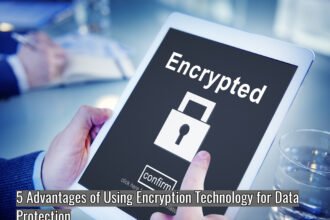Let’s face it– the internet is a big, open, and sometimes scary place. With all of it’s knowledge and information sharing potential comes the threat of intellectual property loss, cyberattacks, and widespread security risks. Still, we rely on internet use every day for news, work and information of all sorts. The rise of citizen and social media has created an open window to the state of the world we live in– Twitter has become our daily newspaper and blogs are the new memo pads. Whic
Let’s face it– the internet is a big, open, and sometimes scary place. With all of it’s knowledge and information sharing potential comes the threat of intellectual property loss, cyberattacks, and widespread security risks. Still, we rely on internet use every day for news, work and information of all sorts. The rise of citizen and social media has created an open window to the state of the world we live in– Twitter has become our daily newspaper and blogs are the new memo pads. Which is why (given the apparent risks involved) we can’t imagine completing many every day activities without it.
How would you feel if an organization had the power or authority to take control over or shut down this information for public safety? What if they created a screen to protect us from explicit content like a parental control on cable tv? Certain domains would be off limits like PG-13 or R ratings, or worse, the TV shuts off completely. Would you begin to question the veracity or truth behind the internet? Or wonder if our “open” web was starting to close?
These are questions many people are asking themselves as the recent “kill switch“ bill works through US legislation. The bill would essentially provide our government the authority to shut down the internet in times of crisis or attack. It’s an interesting debate that has been brought up this year and continues to make headlines as new officials are voted into government this week.
Should we give up our web surfing freedom for protection from cyber attack? What are your thoughts on the issue?






